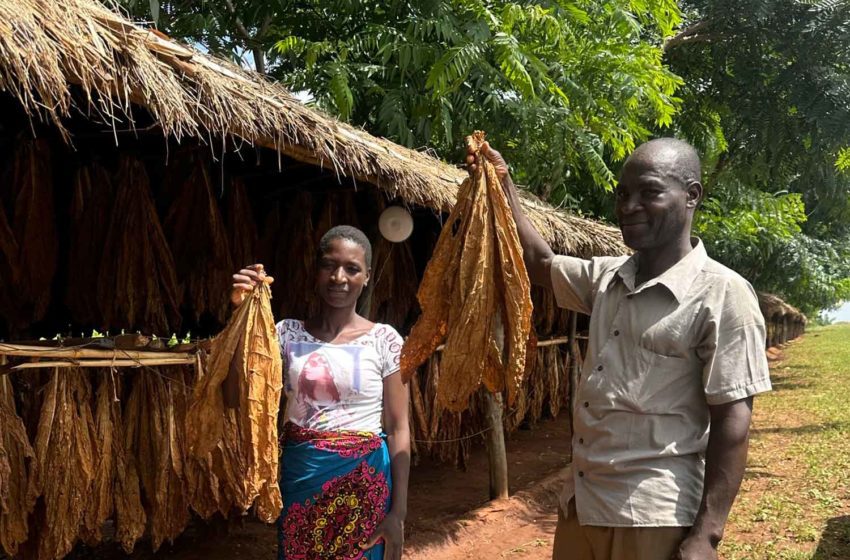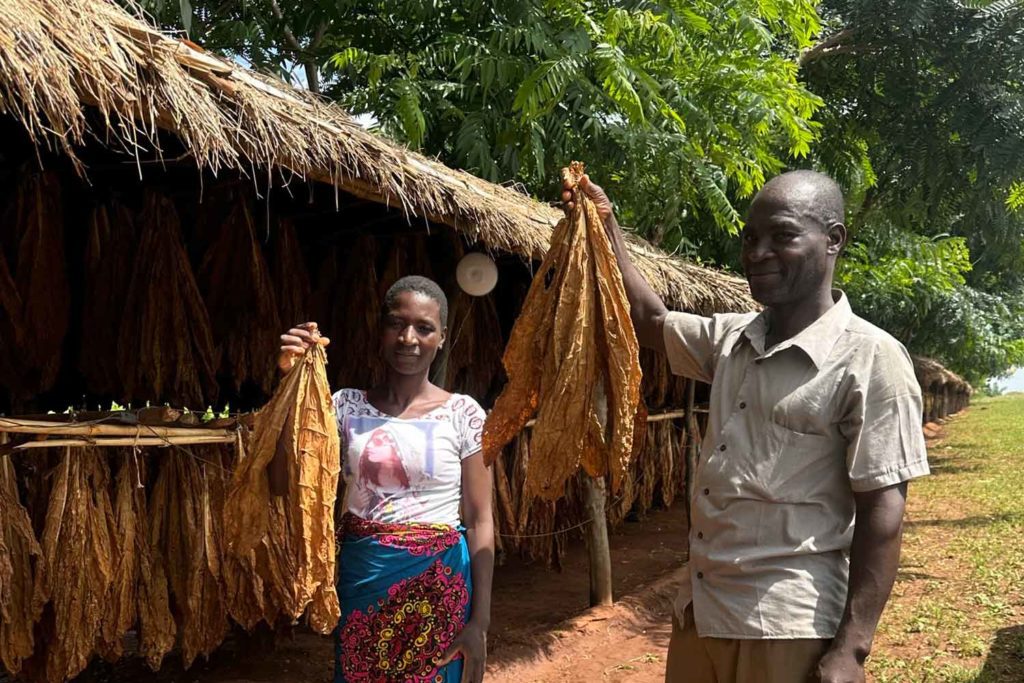Coping with the COP


Like their counterparts around the world, tobacco growers in Malawi have suffered from the rapidly rising cost of production. In addition to domestic headline inflation of 26 percent, farmers had to contend with a significant increase in the price of fertilizer, which more than tripled over the past three years to four years. According to Nixon Lita, CEO of the TAMA Farmers Trust, this was due more to Covid-19-related shipping disruptions than to the war in Ukraine. Traditionally oriented toward the West, Malawi imports most of its fertilizers from the Middle East rather than eastern Europe, he says—but the result is the same as for countries relying on Russian and Ukrainian fertilizers: substantially higher prices.
Because virtually all inputs for Malawi tobacco production are imported, there’s little the industry can do about this part of the equation—so it focuses on the factors it can control. Contracted farmers enjoy an advantage over their noncontracted colleagues because they benefit from the tobacco buyers’ scale and global reach. “Due to bulk buying, we can get fertilizer on time in Malawi and price it competitively for farmers,” says Simon Peverelle, managing director of Alliance One Tobacco Malawi. “For auction growers, that is harder.”
The other way to offset rising production costs is by boosting farmers’ incomes. “We try to negotiate with our buyers, asking them to increase the farmers’ margins based on cost of production,” says Joseph Malunga, chief executive of the Tobacco Commission. “That doesn’t always go well because the buyers, too, are in business and want profit—but we try.”
Under pressure from their customers to control costs, the merchants prefer to focus on boosting output. The leading leaf dealers employ or contract significant agronomy departments to help their contracted growers maximize both the quality and the yield of their tobacco, which in turn improves the net return on their crops, according to Don McAlpin, managing director of Limbe Leaf Tobacco Co. Size matters in this regard. Peverelle says that scaling up is necessary for farmers because it is increasingly difficult to earn a living income from smaller plots.
The Tobacco Commission, meanwhile, is promoting natural solutions to improve farmers’ margins. For example, it encourages flue-cured tobacco farmers to establish woodlots and use “live barns”—curing facilities built using living trees—so they don’t have to buy wood for curing or construction. “This not only reduces costs but also promotes sustainable development,” says Malunga.—T.T.
